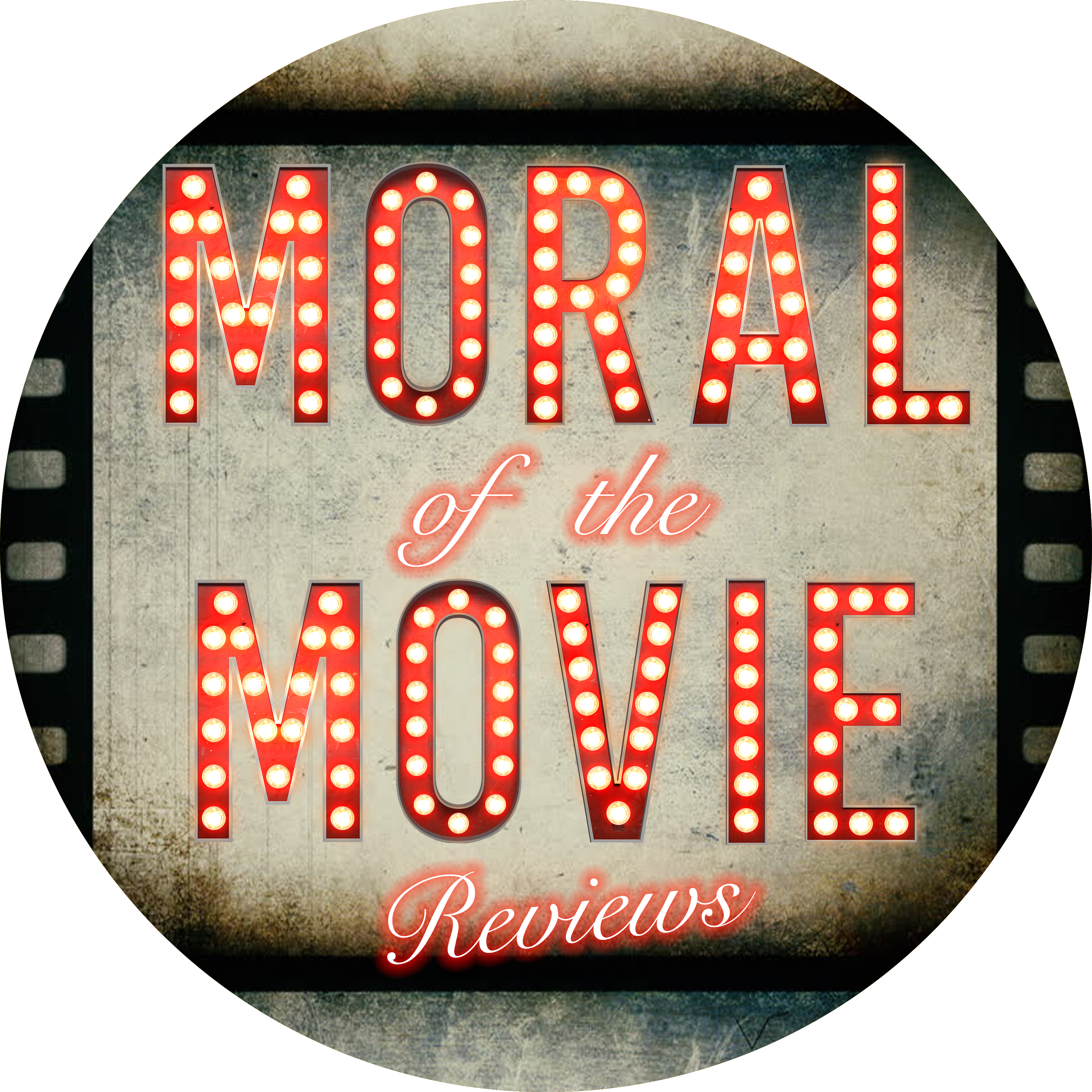
Moral of the Movie - Review
North by Northwest (1959)
Political Moral of the Movie Special Edition
Spy Thriller/Classic, Directed by Alfred Hitchcock | Rating: Memorable One-Night Stand | Published: Sept. 2, 2022, 11:07 a.m.

|

|
MORAL OF THE MOVIE
What really is the greater good? Who gets to decide what the greater good is? Oftentimes, it’s decided by those in positions of power like politicians or in this case, intelligence agencies. The political moral of this story, however, is that the individuals that are most affected by these decisions are not often considered in these attempts to achieve the “greater good”. As such, it often becomes a very subjective matter to define “greater good” and frequently ends with a lot of “collateral damage”, so it’s critical that those in power represent the individuals they are meant to make decisions for.
WHO I THINK WOULD MOST ENJOY THIS MOVIE
If you like spy movies (ie. James Bond movies) and classic (anything pre-1970s) movies, then this is a match made in heaven for you. You’ll especially like it if you are a fan of cat-and-mouse type of movies (ie. Catch Me If You Can) and a hint of romance in your spy movies (similar to the traditional Bond girl).
ADDITIONAL NOTES/COMMENTARY
In a time full of political turmoil, these next few reviews will be focused on movies that teach us something about American politics (like the special patriotic layout?). This way, we can think about current politics with those of the past in mind. On a surface level, North by Northwest is a spy thriller with nerve-wracking action sequences, but at its heart, there is a great deal of sociopolitical commentary. For any cinephiles out there and general fans of spy movies, North by Northwest (1959) was actually the first ever spy thriller and is considered to be the first ever James Bond type of movie. Incidentally, the second-ever James Bond movie, From Russia with Love (1963), drew inspiration from the plane sequence in North by Northwest. Yet, when you consider the context that this film was made in, you can see that it’s a Cold War movie all the way through like many of the movies of its time. North by Northwest highlights public sentiments present in American politics at the time such as the economic shift from agriculture/manufacturing to service/information, the age of consensus, and the threat of the Soviet Union. By watching this movie, you can truly get a sense of what American society was like in the late 1950s. Thornhill, the film’s protagonist, is constantly interacting with service figures (taxi drivers, maids, porters, etc.), so you get a sense of what the American economy consisted of in those times and how it was transforming into what it is now. “There’s no lying in marketing, only expedient exaggeration.” That quote form the movie was only referring to marketing, but it represents the hyper-American awareness that was so present at the time. What mattered most was the U.S.’s image as the flag bearer of capitalism and as a global economic powerhouse, but that was challenged by the growing threat of communism and the Soviet Union. So, the U.S. enters into the Cold War and the era of consensus. In these times, there was a unity of “American values and character”, but this was only a thing because everyone was afraid of criticizing the U.S. in fear of being framed as a Communist. As such, North by Northwest shows how certain higher-ups make decisions for everyone else because it’s assumed that everyone in the U.S. agrees with doing whatever is necessary to eliminate the Communist/Soviet threat. This sort of thinking, however, leads to a lot of collateral damage (innocent people dying or being directly affected), which forms the story of the film in question. Hitchcock knew all of this and decided to package all of this into a thrilling cinematic experience. Funnily enough, Hitchcock didn’t write this movie or any of the movies he directed, for that matter. All he gave the writers were ideas for sequences like the plane sequence, the drunk driving sequence, and the action set-piece in Mount Rushmore. By the way, it’s no coincidence that this hyper-American film reached its climax in a hyper-American national monument like Mount Rushmore that represents the best of America’s historical figures. The political moral of the movie concerns the idea that people in positions of power (politicians, intelligence agencies, government) make choices for those who aren’t that can lead to severe cases of collateral damage. This is particularly relevant in the discussion of subsequent moments in American history such as the invasion of Iraq. Can you think of any other relevant examples? *cough* COVID-19 *cough* All in all, North by Northwest set the standard as the first-ever espionage movie that we’ve come to love, but it also provided a reflection of 1950s America and its contemporary political sentiments that seem to be particularly relevant 61 years later.
Sign Up For Updates!
Never miss the opportunity to learn a moral from film, television, and video games again! Submit your name and e-mail to receive updates whenever a new post is published!
Subscribe to the newsletter!